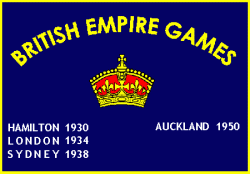Q. When is an island not an island?
A. Just about all the time, it seems, if it’s Britain: Lord Palmerston in 1845, on the coming of the steam ship: … the Channel is no longer a barrier. Steam navigation has rendered that which was before impassable by a military force nothing more than a river passable by a steam bridge.Quoted in I. […]


